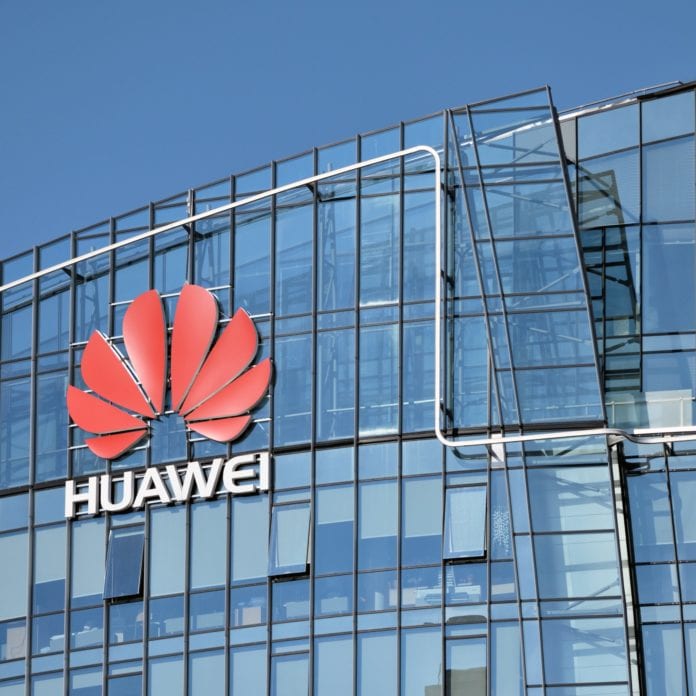Chinese vendor Huawei has not yet seen any benefit from President Donald’s Trump recent decision to allow U.S. firms to sell components to the company and urged the U.S. government to remove the company from a security blacklist, Chinese press reported Huawei’s chairman Liang Hua as saying.
The executive said that the decision to put Huawei in a list that restricts exports of components and software is “unjust and unfair.”
“We’re not saying that just because things have relaxed a little, we’re fine with being on the blacklist,” he said. “Actually, we believe our listing on the blacklist should be lifted completely,” the executive said during a press conference.
Earlier this month, President Donald Trump said that U.S. companies can sell their equipment to Huawei as long as the transactions won’t present a “great, national emergency problem.”
Trump made these comments during a press conference at the G-20 summit in Osaka, Japan, after a bilateral meeting with Chinese President Xi Jinping, which had the main aim of discussing an impasse in the ongoing trade dispute between the two countries.
Despite the U.S. export restrictions, Huawei revenue grew in the first half of this year, Liang said. However, the executive declined to give details ahead of the release of financial results later this month.
Huawei’s founder Ren Zhengfei said in June that the vendor has cut sales forecasts by $30 billion over the next two years due to the export restrictions currently affecting the company.
Liang also said Huawei is in the process of deciding how to respond to possible loss of access to Google’s Android operating system for its mobile phones under Trump’s restrictions. In May, Google reportedly suspended Huawei’s access to its software and technical services, except for what is publicly available via open source. Huawei has developed its own operating system, Hongmeng, but has said so far it has no plans to use it on phones.
“The open Android operating system and ecosystem is still our first choice,” Liang said. “Of course, if America doesn’t let us use it, then might we in the future develop our own Hongmeng as our cellphone operating system? We still haven’t decided yet.”
In May, the Trump administration confirmed that the U.S. Department of Commerce added Huawei to its Entity List, a decision that effectively banned the company from buying parts and components from U.S. companies without U.S. government approval. Under the order, Huawei will need a U.S. government license to buy components from U.S. suppliers.
At that time, firms including Google, Intel, Qualcomm and Microm had halted shipments due to the restrictions. Huawei relies heavily on computer chips imported from U.S companies.
However, since then, the administration announced that it would ease certain export restrictions recently imposed on Chinese vendor Huawei Technologies during 90 days, in a move to give operators time to make other arrangements.

